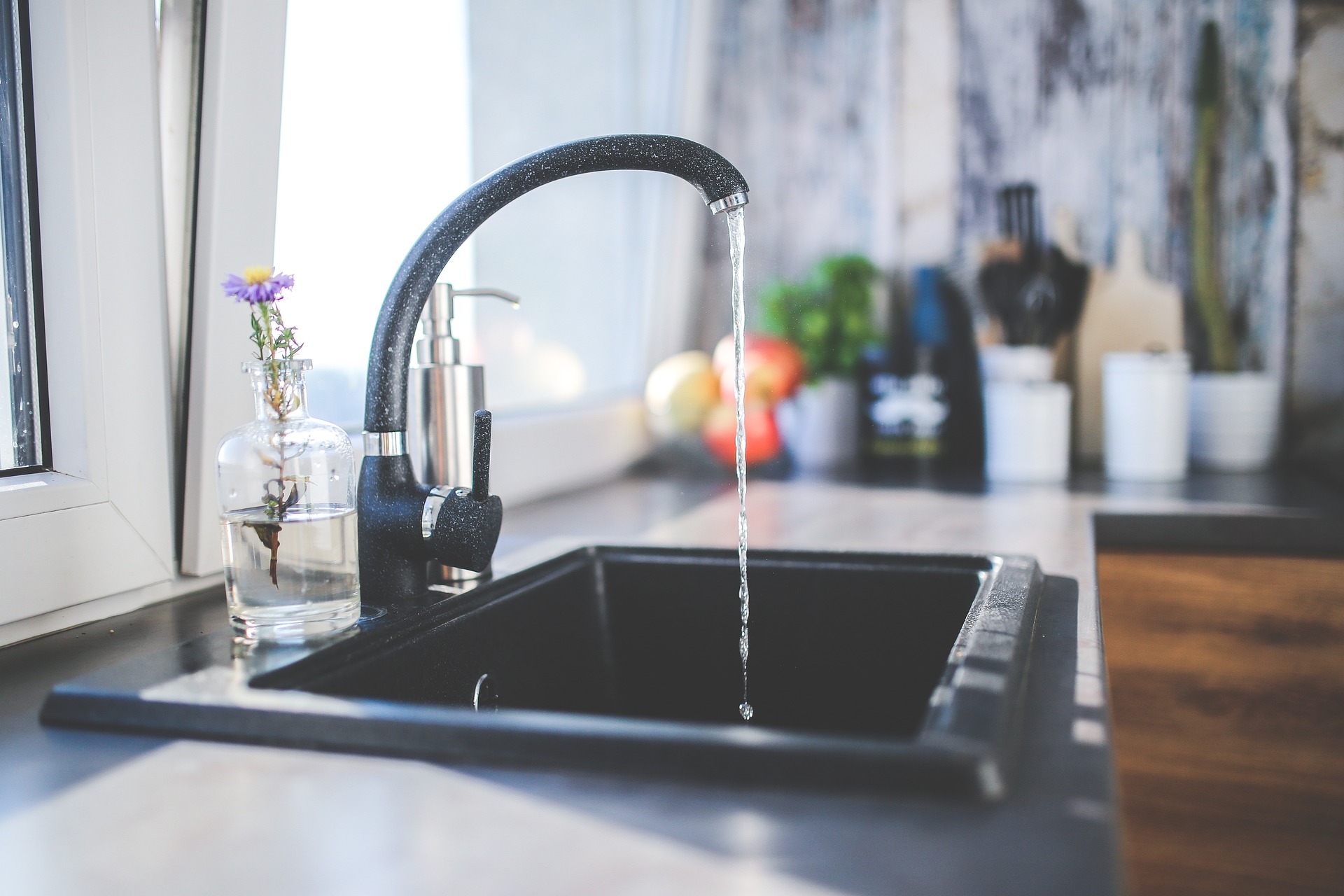Are you considering moving to Nova Scotia, and wondering, “Is tap water safe in Nova Scotia?” As a Realtor in rural Nova Scotia, this is a question I’m asked frequently. And the answer is – it depends! Here’s what you need to know about tap water in Nova Scotia.
There are two ways water can get to the taps in your house:
- A municipal water system
- A well water system
Municipal water systems
Municipal water systems feed water into your household taps, and this water meets strict national and provincial quality standards. You can safely drink tap water from municipal water systems. One exception to this is the Victoria General Hospital in Halifax, where there are ongoing issues with the tap water.
Well water systems
If you’re buying a rural property, or any property with a well water system, you are responsible for testing your water to ensure it is safe to drink.
Some very common elements in Nova Scotia are arsenic, uranium, and manganese. While most are undetectable by taste, sight or smell, manganese is typically noticeable. It can leave an orange/brown residue on your appliances, toilets, and clothing.
About 42% of Nova Scotians rely on private wells. Testing your well water is the only way to find out whether harmful elements are a concern in your well, so it is important to test your water no matter where you live. Well water should be tested every six months for bacteria and every two years for chemical contaminants.
Well water chemistry can vary seasonally and over time, and so it’s important to routinely test your water. Routine testing can also show you whether water treatment is needed, or whether a water treatment system is working as intended.
When I help a client purchase a home, the client typically adds a condition to the purchase offer for water testing (usually at the buyer’s expense) and I assist in getting the water testing completed.
Once the home is yours, regular testing is important. You can pick up bottles and drop off samples at Nova Scotia Health Authority locations around the province for both bacteria and chemical testing. There are also private labs that test drinking water.
For your bacteria test, you’ll receive a Presence/Absence (PA) test for total coliform and E. coli bacteria. This test costs about $30 to $50.
The chemical test will give you a long list of chemicals present in the water, and their amounts. The well water testing page can help you interpret your results. The chemical test ranges from about $200 to $400 every two years.
You can learn more about well testing in Nova Scotia from this website from the Government of Nova Scotia and testing locations and costs from their Test Your Well Water page.
What happens if your well water tests come back and you discover your well water is not safe to drink?
You may be able to solve your problem by improving well construction, or you may need to invest in a treatment system. You can search online for well construction and water treatment companies in your area, and compare the cost of improving well construction with the cost of buying and maintaining a water treatment system.
Many treatment options are available, but one system does not treat everything. Some treatment units treat only certain substances. It’s important to test your water for a variety of substances and characteristics, then speak with a water treatment specialist before selecting
a treatment option. We invested in a water filtration system within a year of moving into our rural home, and have been much happier with the quality and taste of our water.




